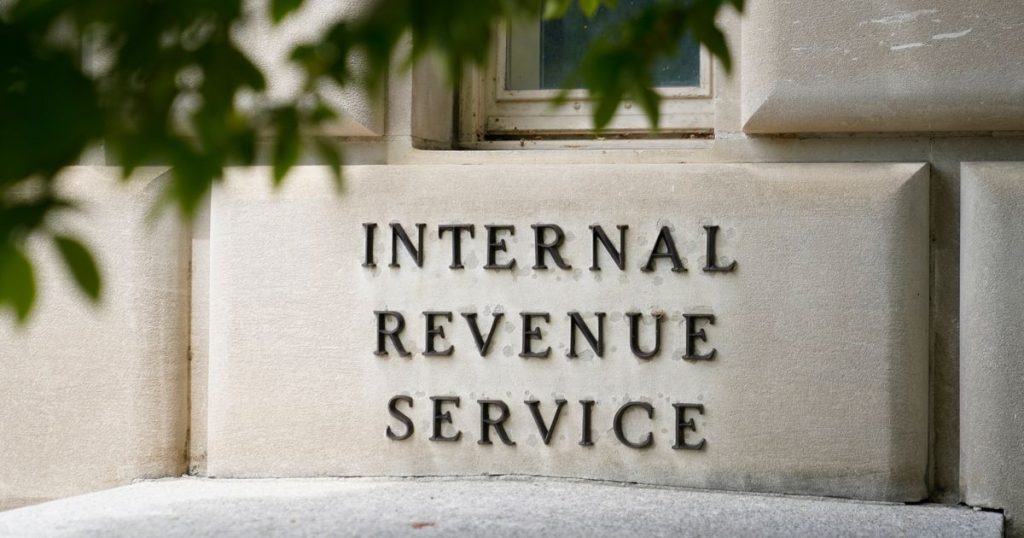A recent report by Color of Change and Better IRS revealed a troubling trend in the tax preparation industry, showing that counties with a higher proportion of low-income, Black, or Hispanic residents are more likely to have storefront offices of paid tax preparers. These preparers have been known to make mistakes in filing taxes, leading to errors or smaller refunds, and often charge high fees that offset cash from benefits like the Earned Income Tax Credit (EITC). Exploiting low-income taxpayers is a core part of the business model for many paid tax preparation companies, who target those in economically precarious positions.
Portia Allen-Kyle, chief advisor at Color of Change, conducted the study by cross-referencing IRS data on preparers, the annual Statistics of Income data book, and U.S. Census demographic data. She found that counties with more Black or Hispanic taxpayers and EITC claimants had a higher concentration of major tax preparation chains like Liberty Tax, Jackson Hewitt, and H&R Block. The EITC, which provides a tax break for low-income workers, has been criticized for its high error rates, with the Government Accountability Office finding that EITC payments accounted for 7% of all improper federal payments in 2022.
The study also suggested that many of the errors in EITC filings could be attributed to paid preparers. Previous GAO studies had found error rates as high as 94% on EITC returns, with unenrolled preparers often making mistakes on tax prep. These mistakes ranged from small underpayments to significant overpayments, indicating a need for better oversight and regulation in the tax preparation industry. Additionally, paid preparers have been known to charge high fees or promote products like pre-refund checks or loans that reduce the size of a customer’s EITC.
Despite the criticisms of the EITC and the prevalence of paid preparers in certain communities, tax prep firms argue that they provide convenience and faster access to cash for their customers. They maintain that the terms of products like pre-refund checks are clearly disclosed and subject to strict regulations, while also emphasizing the speed and efficiency of their services. However, the Color of Change and Better IRS report highlights the systemic issues within the tax preparation industry, particularly in how it impacts low-income and minority communities. Addressing these issues will require greater oversight, regulation, and support for free, direct tax filing options for all taxpayers.


